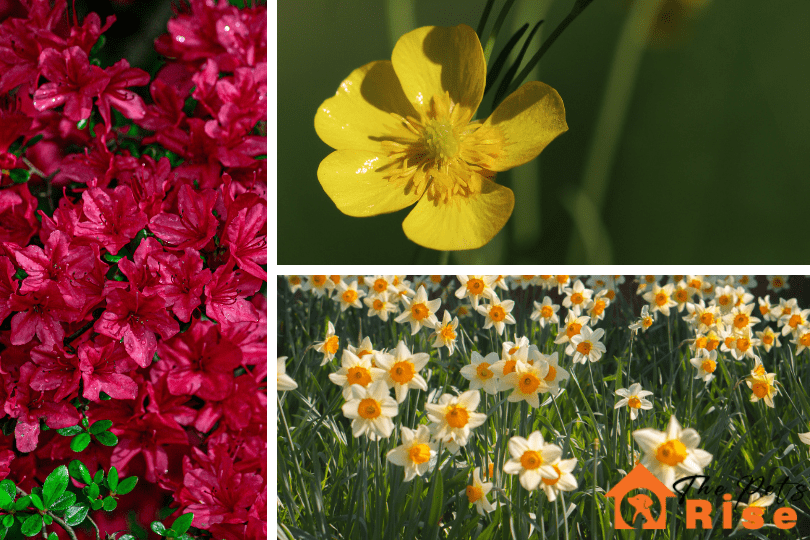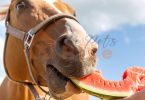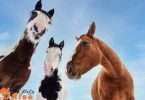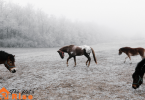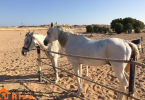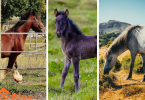Poisonous plants for horses can cause serious health issues among horses that you may haven’t even imagined. Horses are undoubtedly majestic creatures and a source of joy for many human companions. They are also vulnerable to a range of hazards, including toxic and harmful plants.
While some plants are harmless to horses, others can cause serious health problems, with some even potentially fatal. Despite the pet breeds of the horse, It is important to be aware of the toxic plants to horses and to take steps to protect them from accidental ingestion. In this article, we will be exploring what plants and trees are toxic to horses and the health risks they pose.
Why It Is Important to Know?
Toxic plants for horses or harmful plants can cause a variety of symptoms, from mild irritation to more serious conditions, including colic, laminitis, weight loss, and even death. Common toxic plants include bracken fern, red maple, yew, oleander, and yarrow. Some of these poisonous plants for horses can be found in both cultivated and wild pastures, while others are commonly used as ornamentals or landscaping plants.
Following is the list of the most poisonous and toxic plants for horses that can cause serious health issues and even proven fatal in some scenarios.
Poisonous Plants For Horses
Horses are beloved animals and are usually well taken care of. But many horse owners are unaware of the potential danger lurking in their pastures and hayfields. While some plants can provide beneficial nutrition and grazing for your horse, there are several poisonous plants for horses that should be avoided.
You need to make sure your horse’s safety and even better feed for your horse, it’s important to become familiar with the plants that can be toxic to horses and why.
1- Bracken Fern
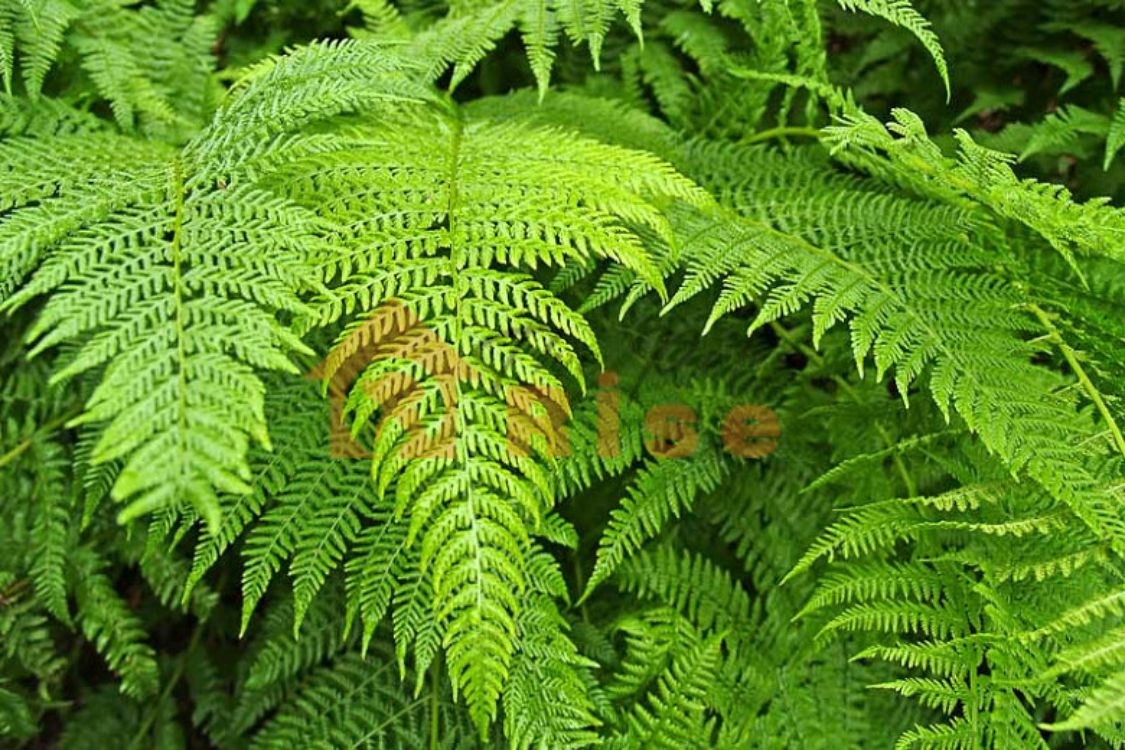 It is a common toxic plant for horses. It grows in a variety of habitats, from damp forests and pastures to dry, sandy areas. Bracken ferns contain high levels of thiaminase, an enzyme that breaks down the essential nutrient thiamine.
It is a common toxic plant for horses. It grows in a variety of habitats, from damp forests and pastures to dry, sandy areas. Bracken ferns contain high levels of thiaminase, an enzyme that breaks down the essential nutrient thiamine.
Ingestion of bracken fern can lead to thiamine deficiency, which can cause neurological problems, such as ataxia, incoordination, and paralysis, as well as weight loss and anorexia.
2- Red Maple
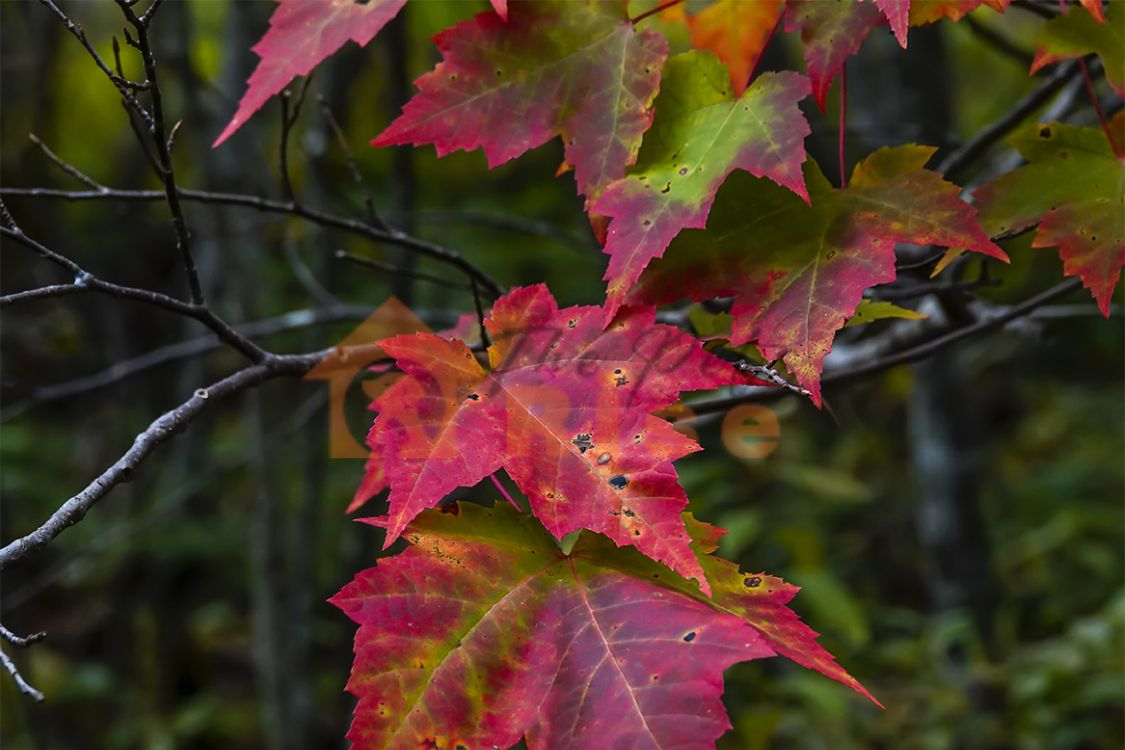 It is another one of the most poisonous plants for horses. Red maple is a type of maple tree that can be toxic to horses. The leaves, twigs, and bark of red maple trees contain a compound called gallotannin, which can cause hemolytic anemia in horses.
It is another one of the most poisonous plants for horses. Red maple is a type of maple tree that can be toxic to horses. The leaves, twigs, and bark of red maple trees contain a compound called gallotannin, which can cause hemolytic anemia in horses.
Symptoms of anemia include pale gums, weakness, and lethargy. In severe cases, red maple poisoning can be fatal.
3- Yew
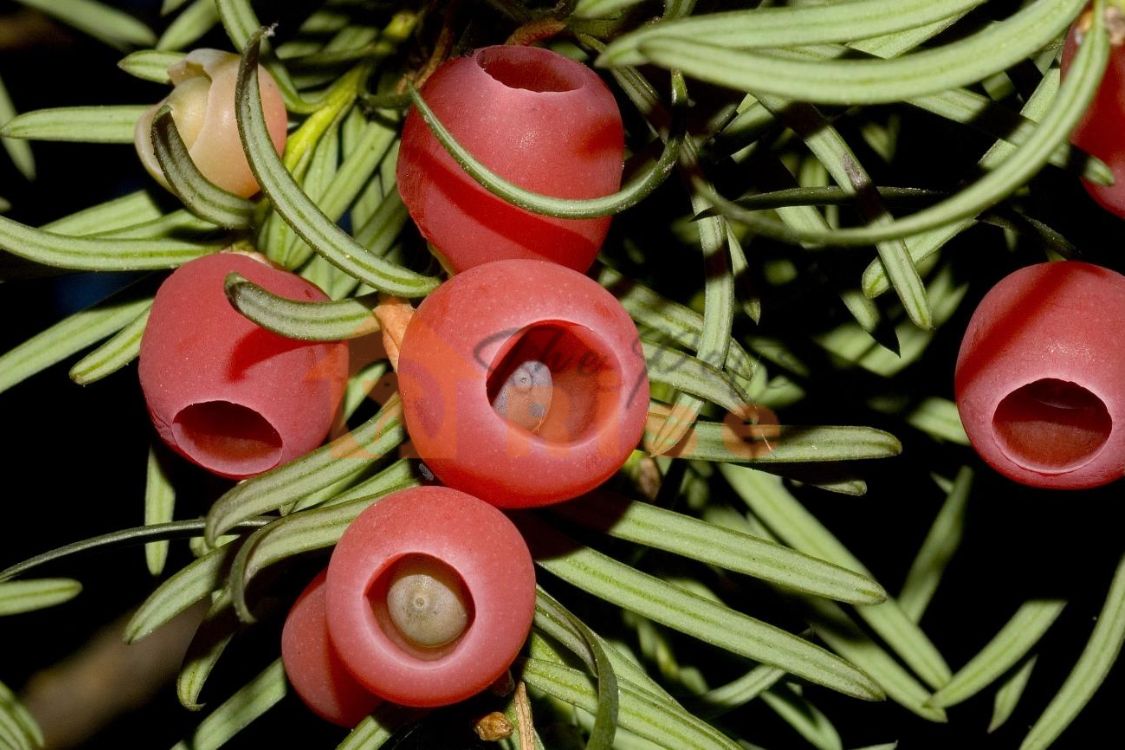 It is a coniferous tree that is also toxic to horses. All parts of the yew tree are toxic, but the leaves are especially dangerous. Yew poisoning can cause colic, weakness, difficulty breathing, and heart failure.
It is a coniferous tree that is also toxic to horses. All parts of the yew tree are toxic, but the leaves are especially dangerous. Yew poisoning can cause colic, weakness, difficulty breathing, and heart failure.
4- Oleander
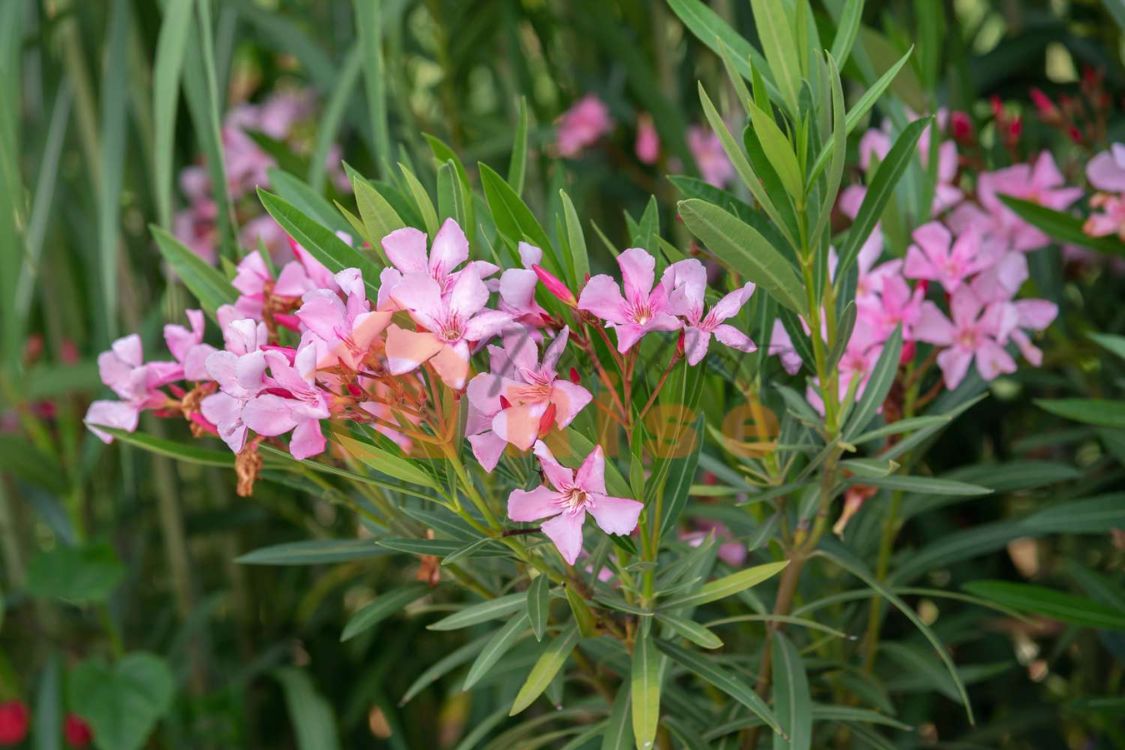 It is an ornamental shrub but is considered the horse poisonous plants as well. It is often used in landscaping. It contains the toxin oleandrin, which can cause severe digestive upset and heart arrhythmia in horses. Symptoms of oleander poisoning include colic, diarrhea, sweating, and rapid heart rate.
It is an ornamental shrub but is considered the horse poisonous plants as well. It is often used in landscaping. It contains the toxin oleandrin, which can cause severe digestive upset and heart arrhythmia in horses. Symptoms of oleander poisoning include colic, diarrhea, sweating, and rapid heart rate.
5- Yarrow
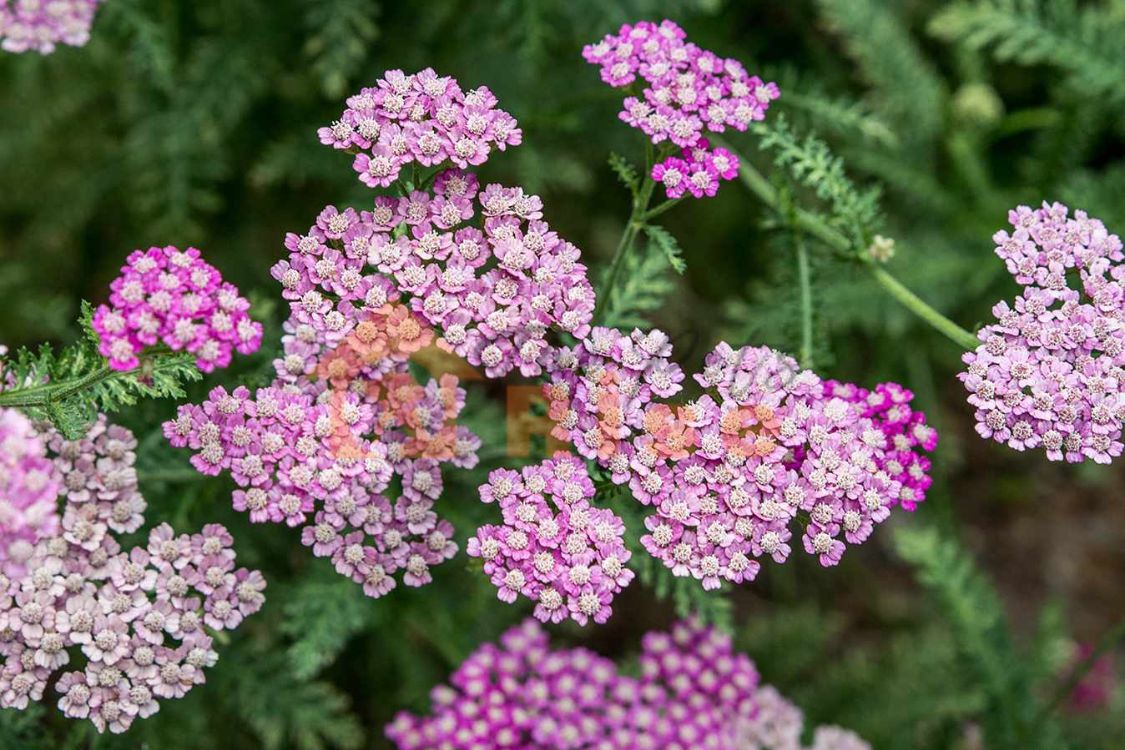 Yarrow is a flowering plant that is toxic to horses. And if you are wondering do horses eat flowers, then yes, they do. The leaves of yarrow contain the toxin thujone, which can cause trembling, incoordination, and seizures. Yarrow poisoning can also cause liver damage, which can lead to death.
Yarrow is a flowering plant that is toxic to horses. And if you are wondering do horses eat flowers, then yes, they do. The leaves of yarrow contain the toxin thujone, which can cause trembling, incoordination, and seizures. Yarrow poisoning can also cause liver damage, which can lead to death.
6- Azaleas
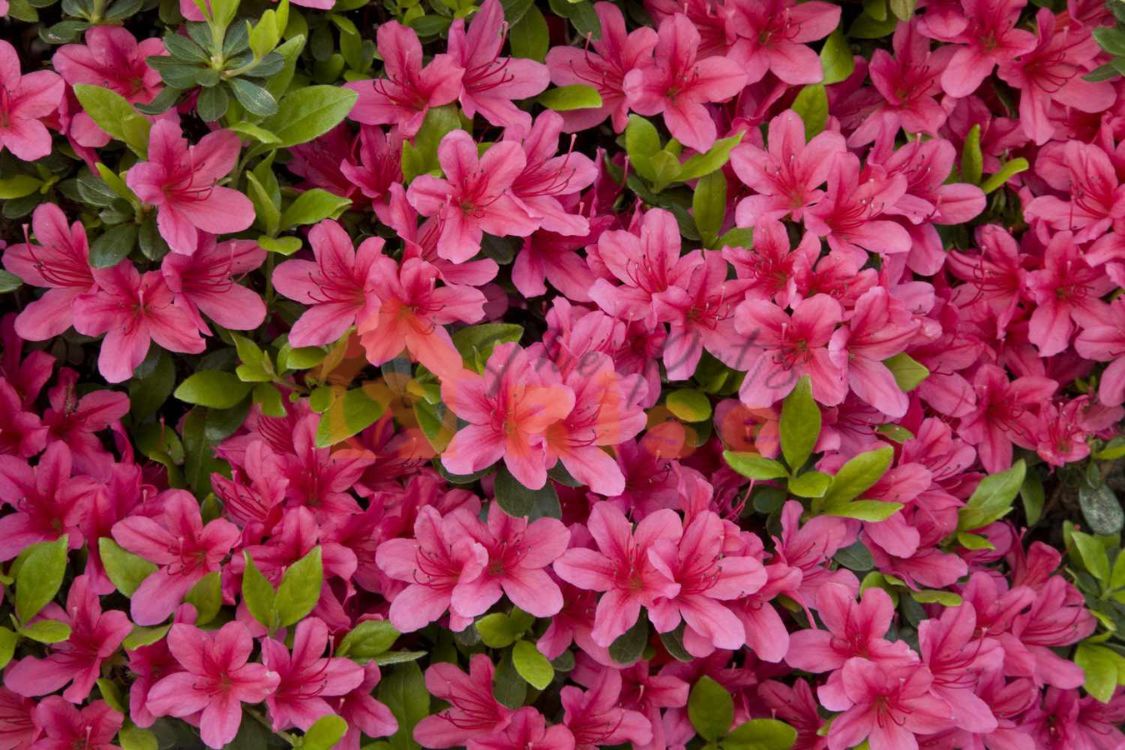 These flowering shrubs can be toxic to horses. All parts of the plant contain the toxin grayanotoxin, which can cause excessive salivation, depression, weakness, and colic in horses. In severe cases, azalea poisoning can be fatal. Symptoms of azalea poisoning usually develop within a few hours after ingestion, so it’s important to seek veterinary treatment as soon as possible if you suspect your horse has ingested azalea.
These flowering shrubs can be toxic to horses. All parts of the plant contain the toxin grayanotoxin, which can cause excessive salivation, depression, weakness, and colic in horses. In severe cases, azalea poisoning can be fatal. Symptoms of azalea poisoning usually develop within a few hours after ingestion, so it’s important to seek veterinary treatment as soon as possible if you suspect your horse has ingested azalea.
7- Buttercups
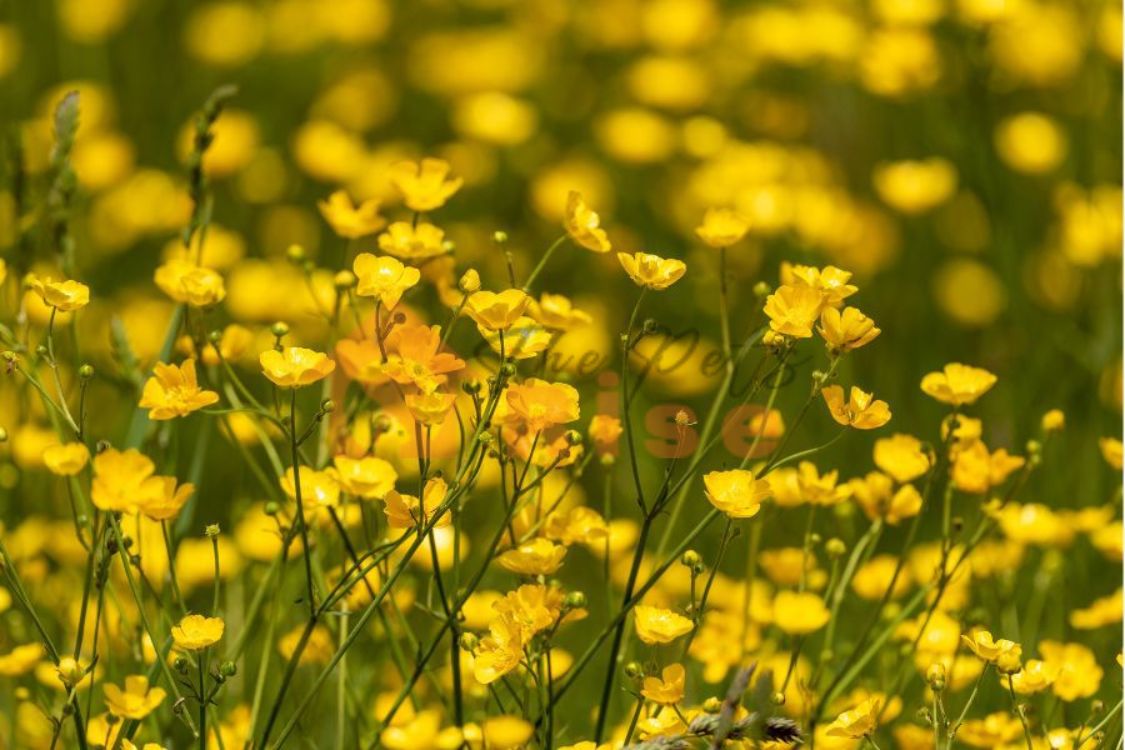 Though they look and smell nice to humans but can be toxic for horses. Buttercups contain the toxin protoanemonin, which can cause severe irritation of the horse’s mouth, throat, and stomach. Symptoms of buttercup poisoning include excessive salivation, depression, and colic.
Though they look and smell nice to humans but can be toxic for horses. Buttercups contain the toxin protoanemonin, which can cause severe irritation of the horse’s mouth, throat, and stomach. Symptoms of buttercup poisoning include excessive salivation, depression, and colic.
To prevent buttercup poisoning, it’s best to remove any buttercups from your pasture or hayfield.
8- Daffodils
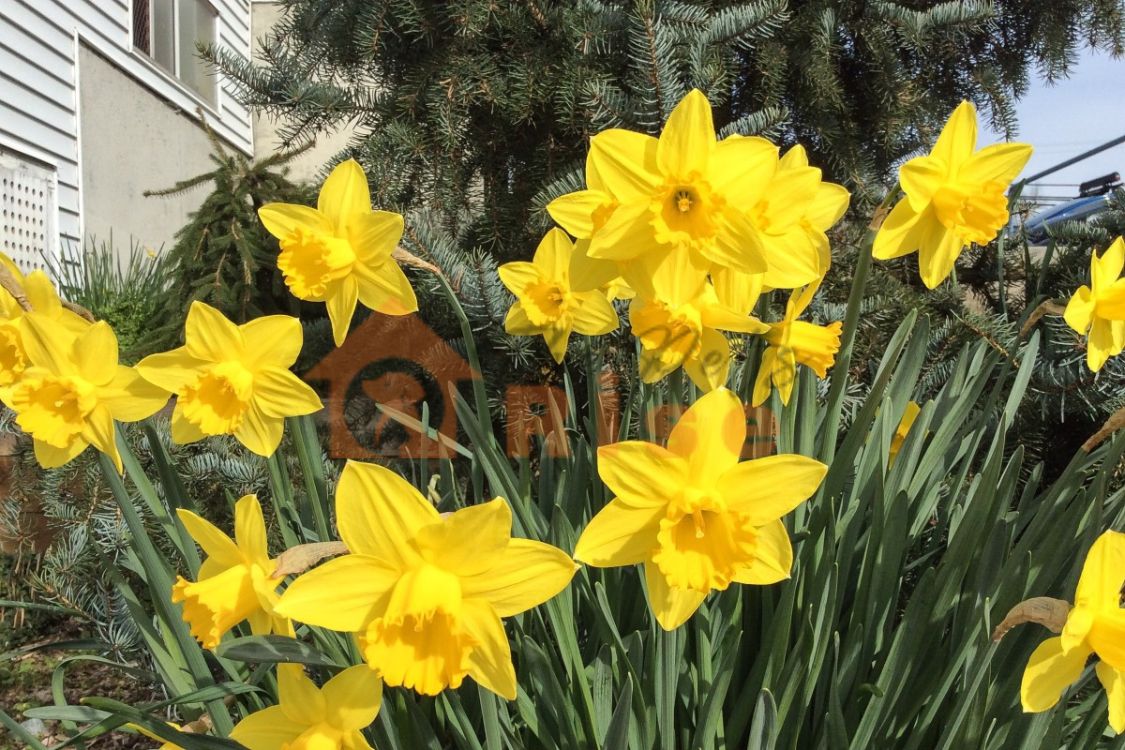 This is one of those plants toxic to horses but cute for humans. The thing about daffodils is that all parts of the plant contain the toxin lycorine. Ingestion of lycorine can cause digestive upset, trembling, and weakness in horses. To prevent daffodil poisoning, it’s best to remove any daffodils from your pasture or hayfield.
This is one of those plants toxic to horses but cute for humans. The thing about daffodils is that all parts of the plant contain the toxin lycorine. Ingestion of lycorine can cause digestive upset, trembling, and weakness in horses. To prevent daffodil poisoning, it’s best to remove any daffodils from your pasture or hayfield.
9- Foxgloves
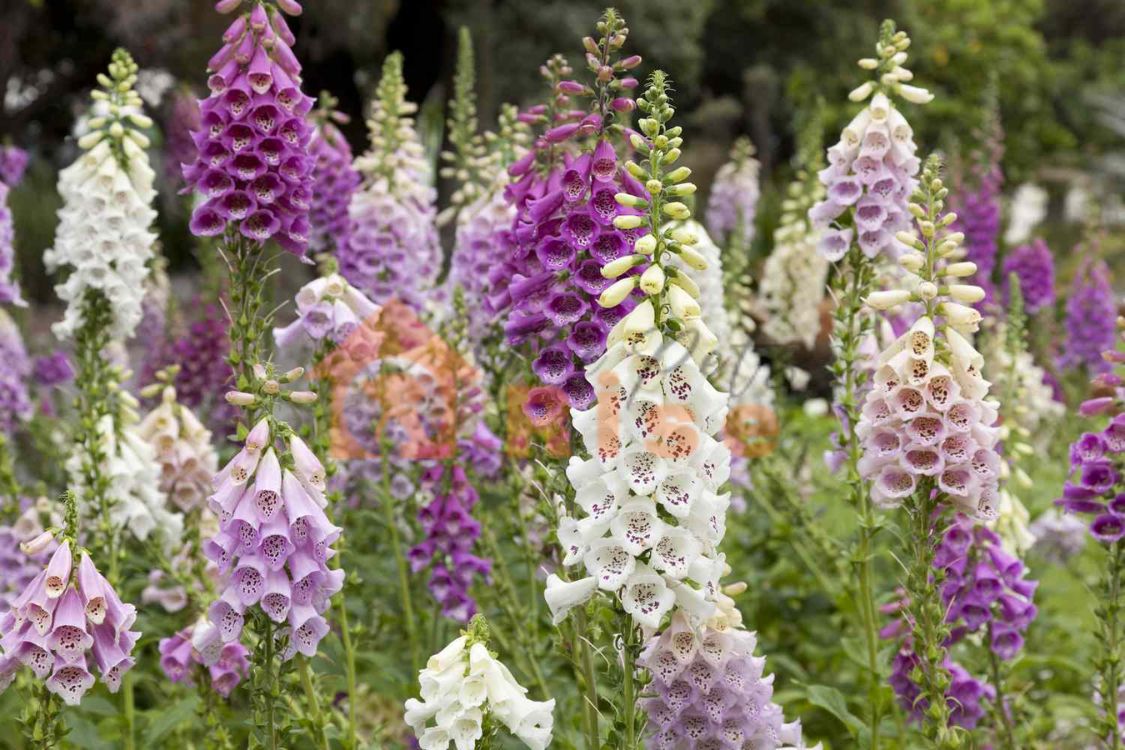 Also known as Digitalis, are a common garden ornamental found throughout North America. They are also one of the most common plants that are toxic to horses. All parts of the plant, including the leaves and flowers, are poisonous. Horses who ingest foxgloves can experience severe reactions, including vomiting, diarrhea, colic, and even death.
Also known as Digitalis, are a common garden ornamental found throughout North America. They are also one of the most common plants that are toxic to horses. All parts of the plant, including the leaves and flowers, are poisonous. Horses who ingest foxgloves can experience severe reactions, including vomiting, diarrhea, colic, and even death.
10- Larkspur
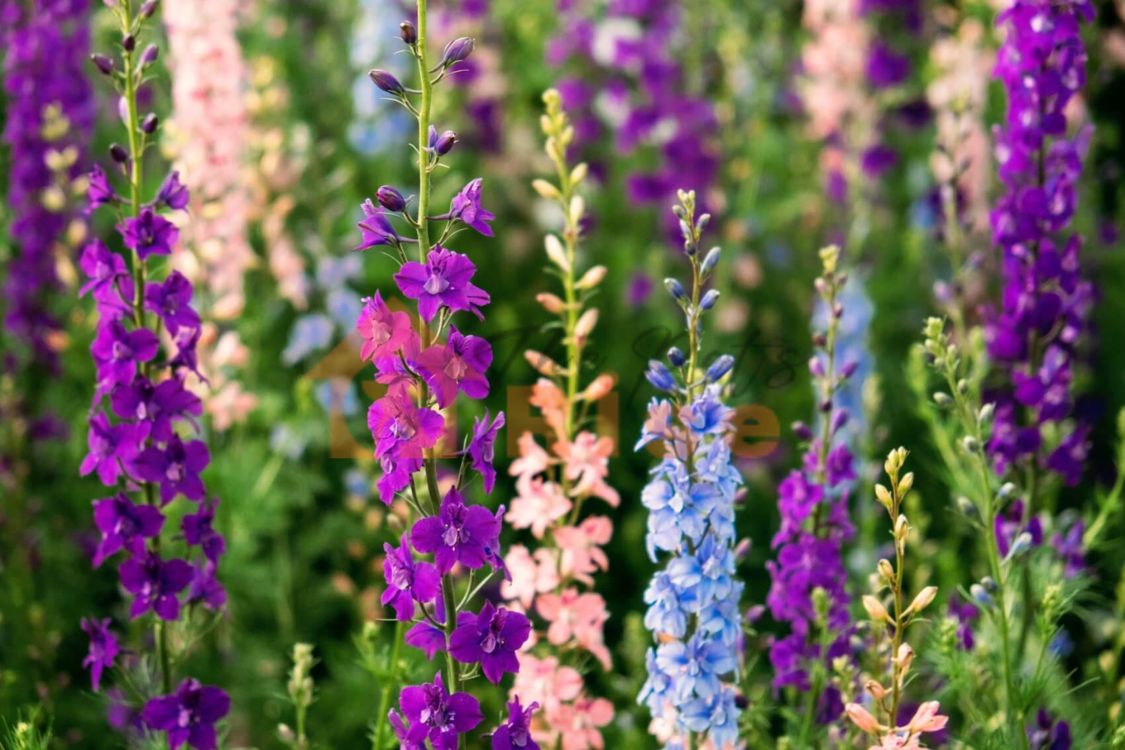 Finally, larkspur is one of those sneaky poisonous plants for horses that are toxic but looks attractive enough that you might want to give it a chance. The leaves and stems of larkspur contain the toxin alkaloid, which can cause nervous system depression and muscular tremors in horses.
Finally, larkspur is one of those sneaky poisonous plants for horses that are toxic but looks attractive enough that you might want to give it a chance. The leaves and stems of larkspur contain the toxin alkaloid, which can cause nervous system depression and muscular tremors in horses.
Larkspur poisoning can also cause abdominal pain, colic, and diarrhea. To prevent larkspur poisoning, it’s important to remove any larkspur plants from your pasture or hayfield.
These are just a few of the many plants that can be toxic to horses. To ensure your horse’s safety, it’s important to familiarize yourself with the plants that can be toxic to horses and take steps to keep them away from your horse. Taking the time to educate yourself can help you keep your horse safe and healthy.
Bottom Line
After reading our guide, you should have an idea regarding what plants and trees are toxic to horses. Ingestion of any of these toxic plants into horses can cause serious health problems including colic, paralysis, digestion issues, overworking of saliva glands, and even death. It is important to be aware of the plants that are poisonous to horses. Take steps to prevent them from accessing these plants.
One of the best ways to prevent horses from eating poisonous plants is to keep them in a pasture that is free of these plants. If you are unsure of what plants are poisonous to horses, you can consult with a local veterinarian or agricultural extension office. Additionally, there are a number of resources available online that can provide you with information on poisonous plants for horses with pictures. Visit them for effective horse care feeding tips.

